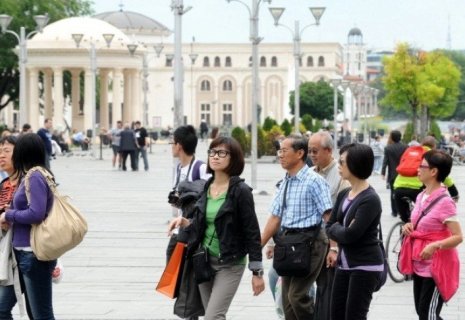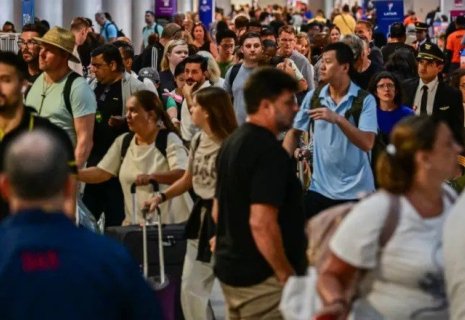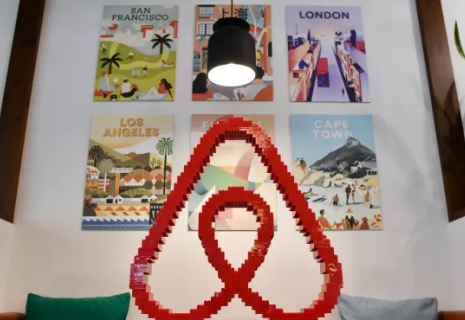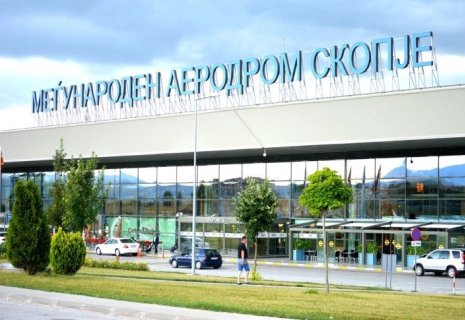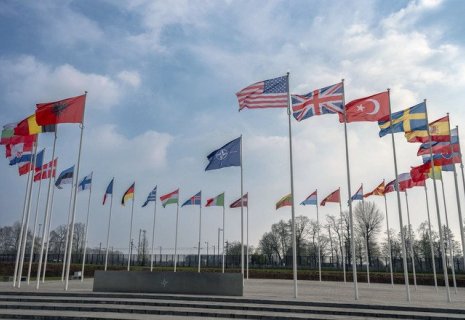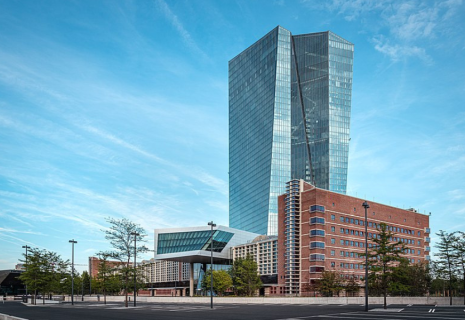
Airbnb hosts in Ostend face new taxes and area restrictions
When summer arrives on the North Sea, Ostend transforms from a coastal town of 72,000 residents into a lively seaside metropolis with over 200,000 visitors — beachgoers, packed resorts, and long lines for a cone of ice cream or a serving of frites, CE Report quotes ANSA.
But faced with the surge of “hit-and-run” tourism fueled by Airbnb, Mayor John Crombez has decided to follow the lead of Bruges, Ghent, Brussels, and Antwerp by imposing a strict crackdown.
From now on, he announced in an interview with Het Nieuwsblad, regulations will be tougher: taxes will be aligned with those of hotels, certain city areas will be off-limits, and new restrictions will be placed on short-term rentals.
“Airbnb cannot be a tax-free zone,” Crombez warned, saying the measures — set to take effect soon — aim to protect residents’ quality of life and slow the exodus of homes from the traditional rental market.
The move is not isolated: the Flemish regional government already requires all vacation homes to be registered and obliges platforms to share data to identify rule-breakers. Municipalities are also tightening enforcement.
Earlier this year, Bruges began sweeping checks to uncover unregistered properties, threatening immediate legal action; last week, Brussels tax authorities issued fines and demanded back payments of tourist taxes from hundreds of hosts.
According to Le Soir, for 2022 alone, recovered funds could range from €1.5 million to €2 million.


